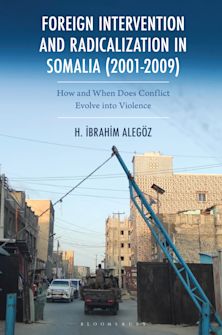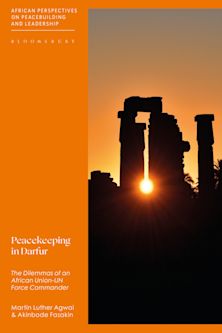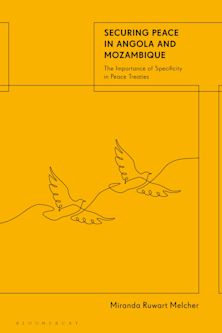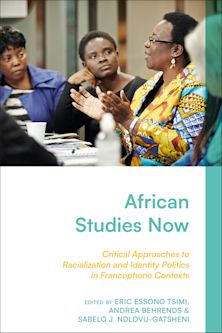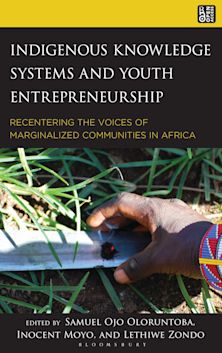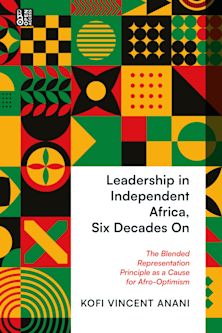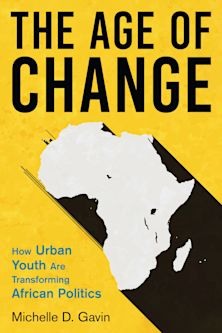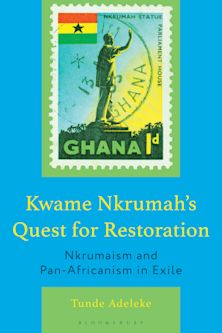Jacob H. Carruthers and the Restoration of an African Worldview
Finding Our Way through the Desert
Jacob H. Carruthers and the Restoration of an African Worldview
Finding Our Way through the Desert
Description
Finding Our Way Through the Desert: Jacob H. Carruthers and the Restoration of an African Worldview offers a critical examination of the ideas and work of Carruthers, a key architect of the African-centered paradigm and a major contributor to its application to the study of Nile Valley culture and civilization. Herein, Kamau Rashid explicates some of Carruthers’s principal contributions, the theoretical and practical implications of his work, and how Carruthers’s work is situated in the stream of Black intellectual genealogy. Essential to this book are Carruthers’s concerns about the vital importance of Black intellectuals in the illumination of new visions of future possibility for African people. The centrality of African history and culture as resources in the transformation of consciousness and ultimately the revitalization of an African worldview were key elements in Carruthers’s conceptualization of two interrelated imperatives—the re-Africanization of Black consciousness and the transformation of reality. Composed of three parts, this book discusses various themes including Black education, disciplinary knowledge and knowledge construction, indigenous African cosmologies, African deep thought, institutional formation, revolutionary struggle, history and historiography to explore the implications of Carruthers’s thinking to the ongoing malaise of African people globally.
Table of Contents
Introduction: The Intellectual Project of Jacob H. Carruthers
Part I: Mis-education, Deeducation, and African-centered Education
Chapter 1: Slavery of the Mind: Carter G. Woodson and Jacob H. Carruthers—Intergenerational Discourse on African Education and Social Change
Chapter 2: Jacob H. Carruthers and the African-Centered Discourse on Knowledge, Worldview, and Power
Chapter 3: Thoughts on Returning Home and Healing the Casualties of Intellectual War
Part II: Knowledge Production and African Liberation
Chapter 4: Jacob H. Carruthers, Disciplinarity, and the Limitations of the European-modes of Knowledge Construction
Chapter 5: Drawing from the Deep Well: Reflections on African-centered Social Inquiry
Chapter 6: Ideation and Freedom: Continued Meditations on African-centered Social Inquiry
Chapter 7: Kheper and Maat: Consubstantiality in Kemetic Thought
Part III: Re-Africanization and Transformation
Chapter 8: A Deep Commitment to the Higher Ideals of Life: Reflections on African Spirituality
Chapter 9: Building for Eternity: Institution Building and African Liberation
Chapter 10: The Sebayet of the Haitian Revolution: Lessons from Carruthers’s Irritated Genie
Conclusion: Finding Our Way Through the Desert: Pan-African Historiography and Futurity
References
About the Author
Product details
| Published | Jun 10 2024 |
|---|---|
| Format | Ebook (PDF) |
| Edition | 1st |
| Extent | 172 |
| ISBN | 9798216337157 |
| Imprint | Lexington Books |
| Illustrations | 1 Table |
| Series | Critical Africana Studies |
| Publisher | Bloomsbury Publishing |
Reviews

ONLINE RESOURCES
Bloomsbury Collections
This book is available on Bloomsbury Collections where your library has access.












